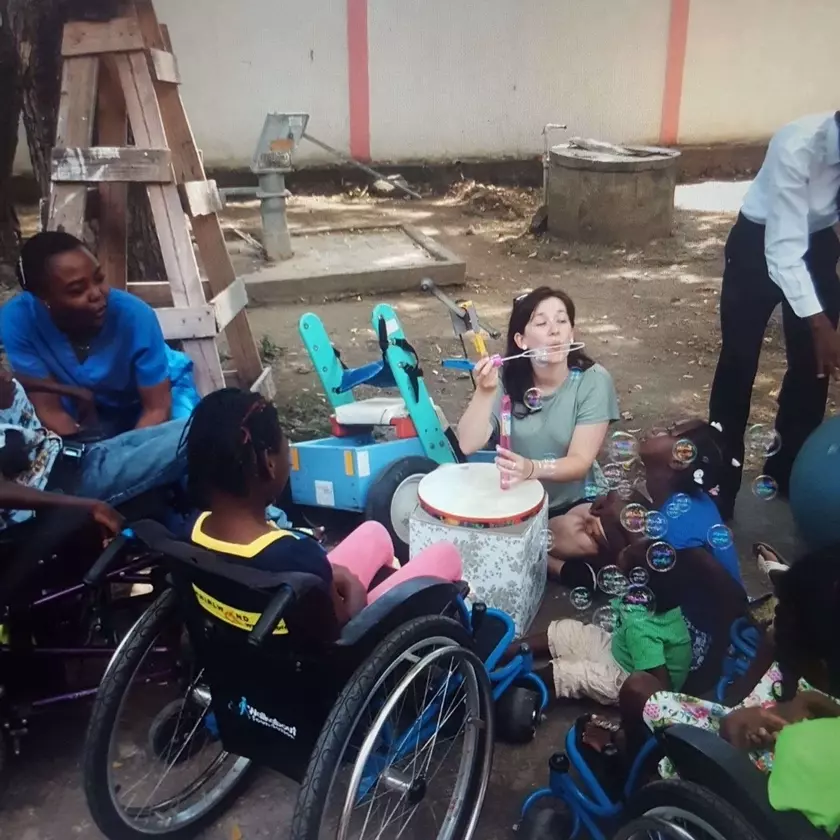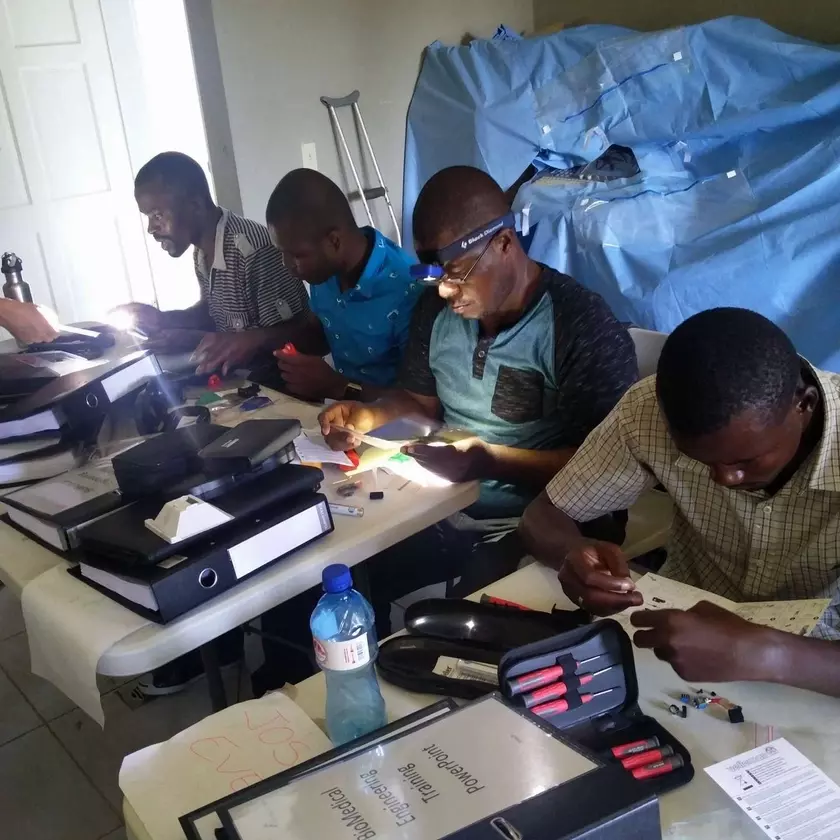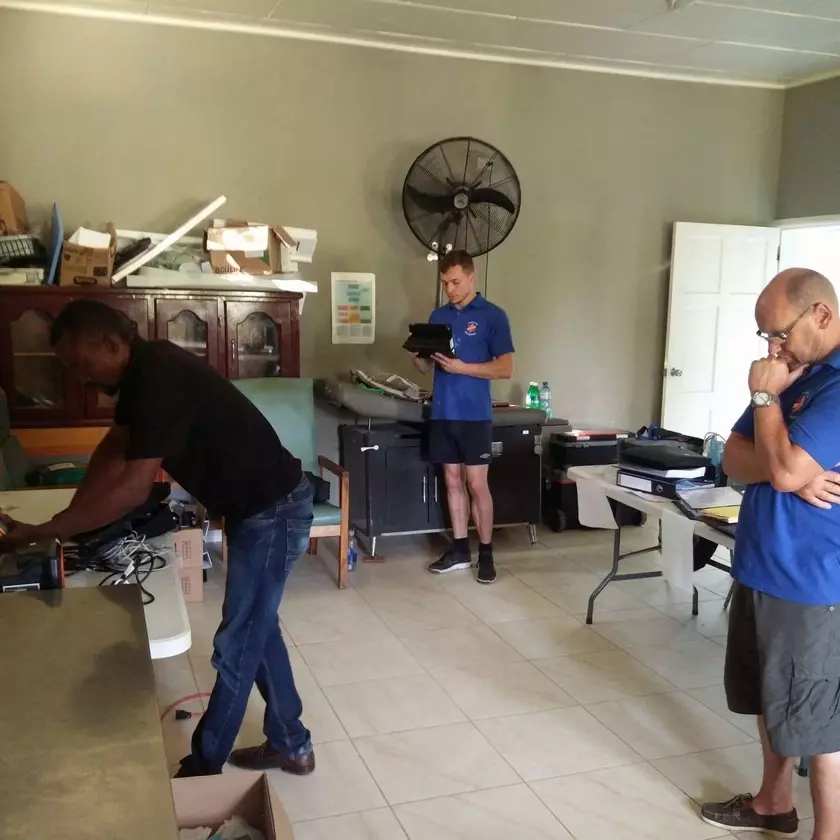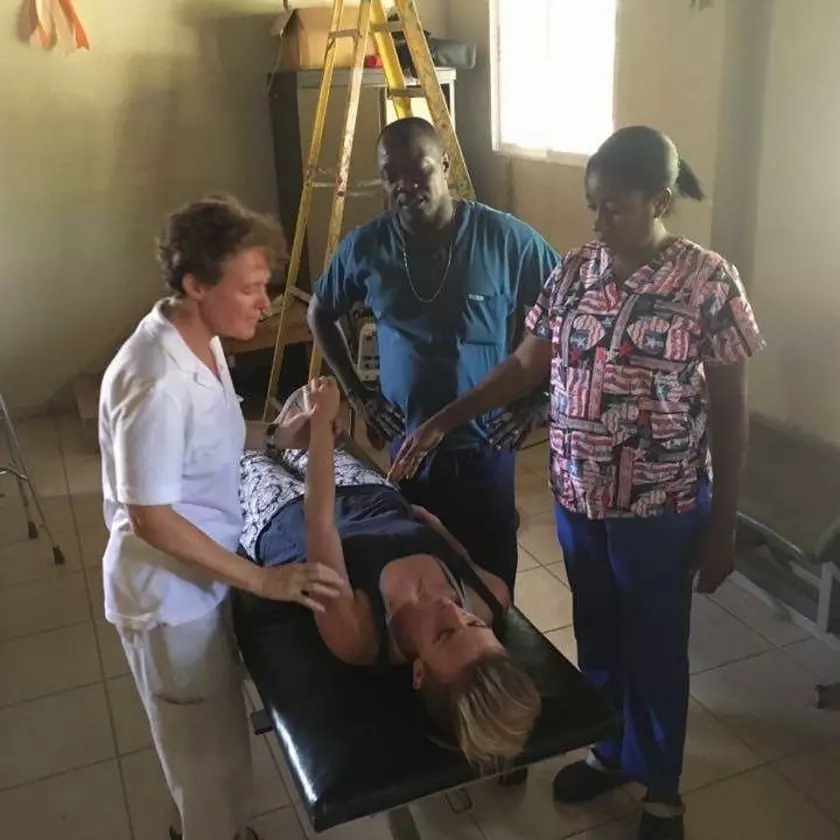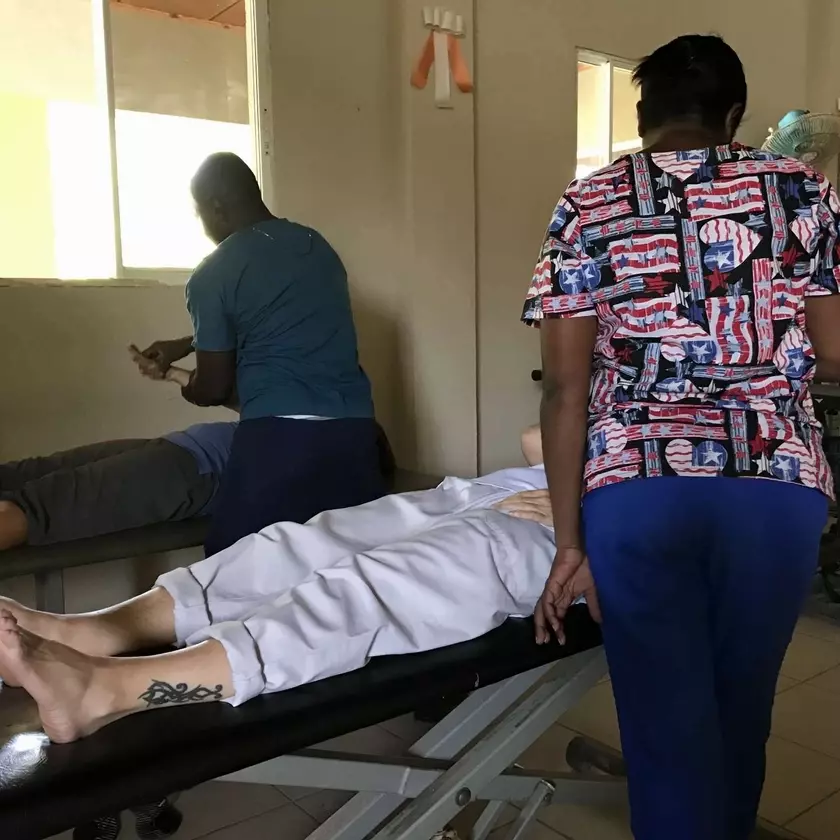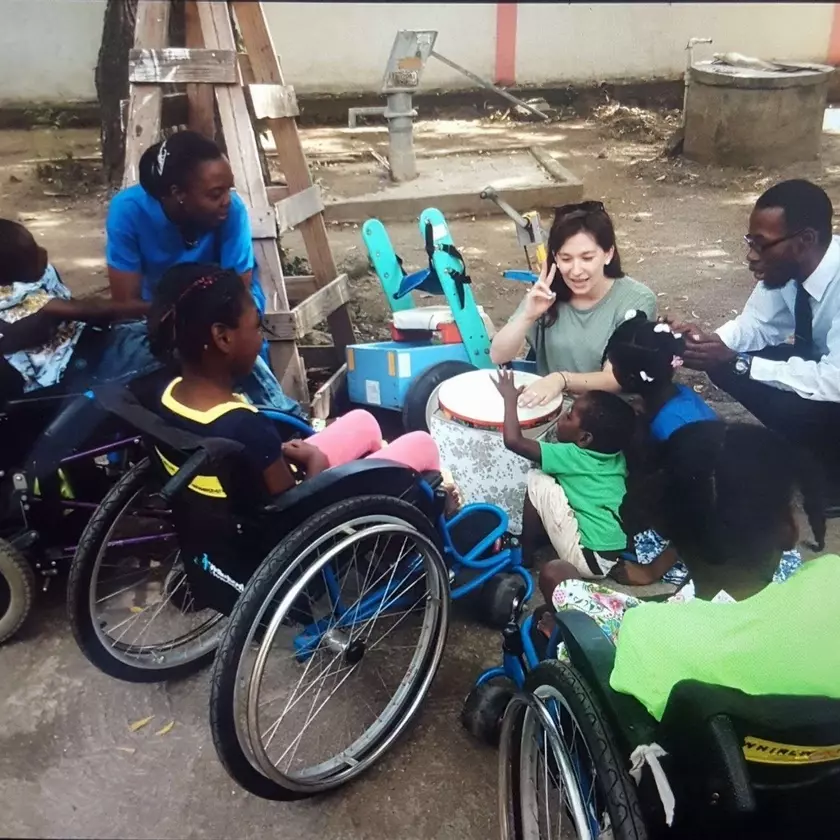The Power of Education
“Education is the most powerful weapon which you can use to change the world”
– Nelson Mandela
If knowledge is power, as the saying goes, then surely education and training is the most important form of empowerment we possess when working with the developing world.
But what makes it so powerful? Why can equipping someone with skills and knowledge change not only their lives but the lives of those around them?
According to World Bank (2012) 59% of Haitians live on less than US$2 per day.
With only 29 percent of Haitians 25 and above having attended secondary school (USAID 2015), it is hard to imagine how Haitians can aspire towards the better pay of skilled jobs requiring further or specialist education. Job security and income consistency is also limited, with over two-thirds of the labor force without formal jobs (CIA Factbook 2014).
Equipping individuals with the required skills and knowledge to perform more skilled labour increases employability, job security, and income. Education also transforms the vulnerable and undervalued by providing confidence and pride in their work. Occupation, practical and purposeful activities either inside and outside of the context of employment, allows people to live independently and have a sense of identity.
Finally, education doesn’t just impact the individual, but those around them. Their increased income improves living conditions for their dependents, such as providing funds for healthcare and education for their children. But also, in teaching individuals and groups, they can teach others. This is long-term sustainable impact, changing generations and communities.
By impacting small groups, we really can eventually impact nations.
At HCBH, three specific forms of training are currently happening - physiotherapy, biomedical engineering, and SEN teaching.
Special Education Needs teaching specialises in the facilitation of education for those with physical or sensory impairments, learning disabilities or behavioural issues. At the Maison de Benediction, children with a wide range of abilities with varying needs are loved, cared for, and taught. The MdB had been lucky enough to receive support recently from a SEN teacher named Jess and a speech and language therapis named Julia from the UK. Showing the staff new or alternative techniques, resources, or exercises helps expand their ability to care for the kids. By furthering their understanding of each child's needs, and developing new lessons and teaching plans, both the staff and children are developed.
It was amazing watching how engaged the kids were in their teaching sessions, and they definitely enjoyed the new songs that have been translated into creole!
The biomed training is an important step for the hospital. HCBH will now have an onsite biomed team who will be repairing and maintaining all the hospitals equipment. Medical Aid International (http://www.medaid.co.uk/) has run an intensive 2 weeks course for prospective engineers from HCBH and JUH, supplying them with tool kits and testing equipment. The new engineers have had a huge amount to learn in a short time (and they were pretty nervous about their exams!) but they’ve all passed. Many of the students did not come from a formal engineering, electrician or medical background, so it's been quite a challenge for them. But they've taken the opportunity to learn and grow, and they have the potential to make a huge impact on the day to day running of the hospital. It's amazing how reliant on technology we are in medicine these days!
Finally, the rehab centre is currently hosting physiotherapy classes three times a week, lead by Alex,a physio from Germany. The physios at the centre have the opportunity to learn about specialist rehabilitation therapies such as Proprioceptive Neuromuscular Facilitation (PNF). The physios are taught both through theory and practical application, learning why neurological damage presents in certain ways, and why certain exercises can benefit particular patients.
The physios have been so keen to learn in the classes, asking questions and quick to get step in and practice. It was wonderful hearing how happy and satisfied they were at how effective exercises could be. For example, they've been working on a shoulder based exercise, lifting and rotating the arm from the hip to above the head. However, it was explained and shown how this exercise could be used to not only work the arm and shoulder, but also the core muscles and even the legs!
They obviously love what they do, and it's fantastic to think that these hard working physios are giving people hope as they slowly regain skills and abilities, or learn to adapt to a new way of life.
Whether it's adapting education for disabled children, fixing broken medical equipment, or helping a stroke patient get back on their feet; education is helping people help others here in HCBH.
With exciting projects like these going on, it's easy to see how equipping people with knowledge and skills really could change the world.
**written by long-term Volunteer Rosie Pearmain**


